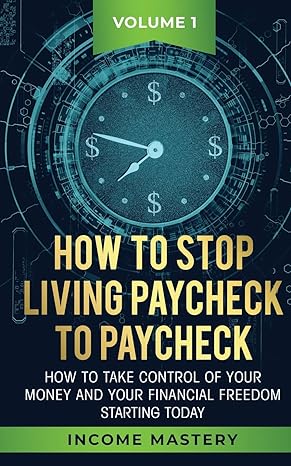Answered step by step
Verified Expert Solution
Question
1 Approved Answer
3. (20 pts) Suppose the store sells 3 products. These products are not necessarily substitutable. Each customer demand at most one unit of each product.
3. (20 pts) Suppose the store sells 3 products. These products are not necessarily substitutable. Each customer demand at most one unit of each product. The customers valuation for these products are i.i.d. random variable v, which is distributed as follows: v = [ 2 with probability 0.7 3 with probability 0.3 { The unit cost of producing products are c = 1. Suppose customers valuation for a bundle is the sum of the valuations of products in the bundle. (a) Suppose the store charges individual prices for each product, and the customer would pur- chase product i if and only vipi 0. What price should the store charges for each product? What is the store's profit? (b) Now suppose the store bundles the three products and sell the bundle only. Suppose the store charges the price 7 for this bundle. How many customers (the portion) would buy the bundle? What would be the profit for the store? (c) Now suppose the store use the bundle size pricing scheme. Suppose the firm charge the price 5 for size two bundle, and price 8 for size 3 bundle. Customers are not allow to buy one product only. What would be the profit for the store? Key words for this question: component pricing, price optimization, pure bundling, bundle size pricing
Step by Step Solution
There are 3 Steps involved in it
Step: 1

Get Instant Access to Expert-Tailored Solutions
See step-by-step solutions with expert insights and AI powered tools for academic success
Step: 2

Step: 3

Ace Your Homework with AI
Get the answers you need in no time with our AI-driven, step-by-step assistance
Get Started


